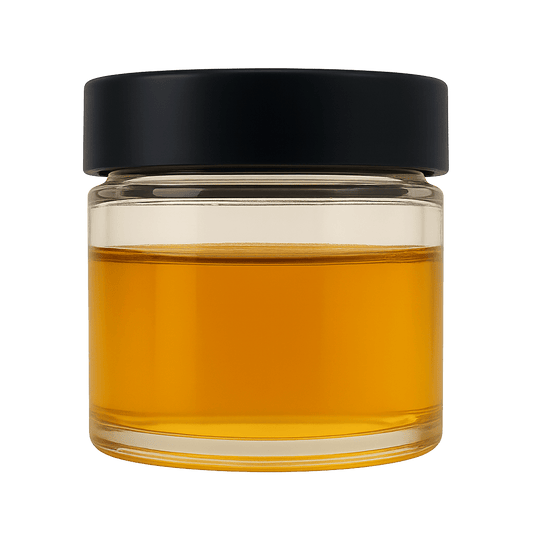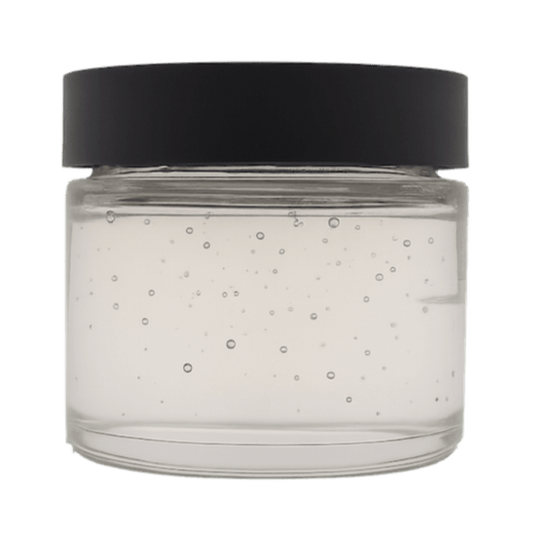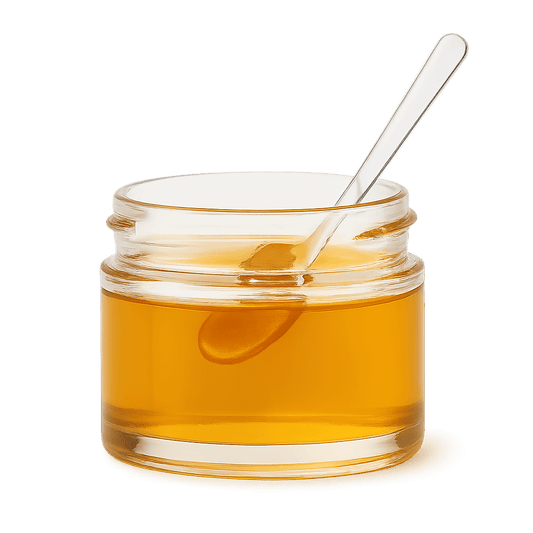Is Delta 8 THC Legal in South Dakota?
YES - Delta 8 THC is Legal in South Dakota
Delta 8 THC is legal in South Dakota. The state has adopted regulations that align with the federal definition of hemp from the 2018 Farm Bill, allowing the sale and consumption of delta 8 products, provided they are sourced from hemp and contain less than 0.3% Delta 9 THC by dry weight. Furthermore, the sale of delta-8 products is restricted to individuals aged 21 or over.
Legal Status of Delta 8 in South Dakota
Delta 8 THC is considered legal in South Dakota due to the state's alignment with the federal 2018 Farm Bill, which differentiates hemp from marijuana based on the concentration of delta-9 THC. Under this bill, hemp-derived products, including delta-8 THC, are legal if they contain less than 0.3% Delta-9 on a dry weight basis.
The legal status in South Dakota specifically allows the sale and consumption of delta-8 THC products under these conditions. Additionally, there are age restrictions in place, limiting the sale of these products to individuals who are 21 years of age or older. This is in line with South Dakota's approach to regulating substances that are derived from cannabis, ensuring that they are accessible to adults while preventing access by minors.
However, it's important to note that while D8 THC is legal at the state level due to these regulations, the legal landscape regarding cannabinoids can vary significantly across different states in the United States. Some states have specific laws that might restrict or outright ban the sale and use of delta 8, irrespective of the federal stance provided by the 2018 Farm Bill. Therefore, it's crucial for consumers and businesses to stay informed about the specific laws and regulations in their state or any state they may be visiting or conducting business in.
For those interested in the specifics of South Dakota's laws regarding delta 8 THC, it would be beneficial to review the state's legislative documents and regulations related to hemp and hemp-derived products. This can include looking into the South Dakota Codified Laws (SDCL) and any relevant bills or regulatory updates that have been enacted since the passage of the 2018 Farm Bill. These documents would provide the most accurate and detailed information regarding the legal status of D8 THC and other hemp-derived cannabinoids in South Dakota.
2019 HOUSE BILL 1191
Section 1. That subdivision (7) of § 22-42-1 be amended to read:
(7) “Marijuana,” all parts of any plant of the genus cannabis, whether growing or not, in its natural and unaltered state, except for drying or curing and crushing or crumbling. The term includes an altered state of marijuana absorbed into the human body. The term does not include industrial hemp as defined in section 3 of this Act, fiber produced from the mature stalks of such plant, or oil or cake made from the seeds of such the plant;
Section 2. That subdivision (12) of § 34-20B-1 be amended to read:
(12) “Marijuana,” all parts of any plant of the genus cannabis, whether growing or not; the seeds thereof; and every compound, manufacture, salt, derivative, mixture, or preparation of such plant or its seeds. The term does not include industrial hemp as defined in section 3 of this Act, fiber produced from the mature stalks of the plant, or oil or cake made from the seeds of the plant, or the resin when extracted from any part of the plant or cannabidiol, a drug product approved by the United States Food and Drug Administration;
Section 3. That the code be amended by adding a NEW SECTION to read:
For the purposes of this Act, industrial hemp or hemp, is the plant Cannabis sativa L. and any part of that plant, including the seeds thereof and all derivatives, extracts, cannabinoids, isomers, acids, salts, and salts of isomers, whether growing or not, with a delta-9 tetrahydrocannabinol concentration of not more than 0.3 percent on a dry weight basis.
The information provided on this website does not, and is not intended to, constitute legal advice or any statements regarding the status of any laws. The information, content, and materials present on this site are for general informational purposes only and should not be relied upon for any specific purpose. Laws vary across different states and are subject to change. Therefore, information on this website might not reflect the most recent legal or other developments. Read our full legal disclaimer HERE.






